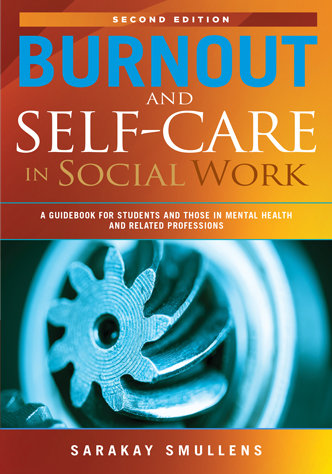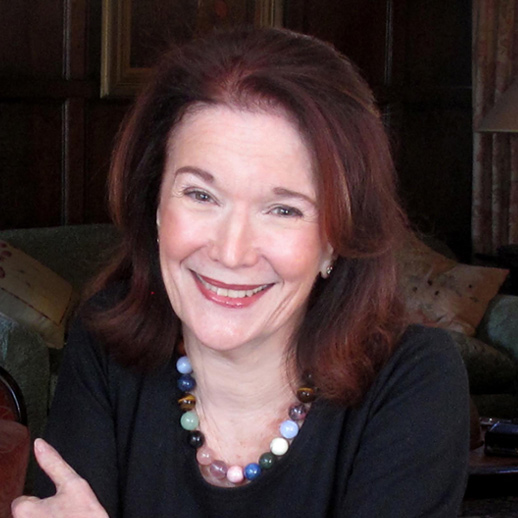Living memories
I am grateful to the Philadelphia Inquirer for publishing this tribute.
Photo Via: Historical Society of the Superior Court of Pennsylvania
If you have lost a loved one, do you ever feel a painful aching loss, not physical, but strongly there? In Jewish tradition, when a family member dies, friends visit to support and comfort the bereaved in a ritual known as shiva. This aching loss was my experience at the shiva held at the home of Phyllis W. Beck, the trailblazing first female member of the Pennsylvania Superior Court who died on March 3. There were countless shared personal experiences, including how Judge Beck offered wise counsel on professional direction, ever supporting successes. My heart seemed to weep, as myriad kindnesses to me flooded my memory. This included how she—somehow, someway—always found what I wrote, regardless of how little known its publishing source, and contacted me with sensitive endorsement.
As shiva progressed, I recalled that during my bat mitzvah year, our Baltimore congregation’s beloved rabbi, Uri Miller, discussed a little-known interpretation of the ritual with our class: Those we love do not realize their soul and spirit have left a body that no longer can serve them. Experiencing loved ones who speak about them, but not to them, informs them their lives on earth are over, and frees their soul and spirit to move onward. It seemed Beck, highly uncomfortable with praise, was with us in spirit and able to endure a full evening of expressed love.
As time passed, I felt as if an apartment were being created inside of me, where she brought her coffee and addictive creamer, cherished photographs, an array of takeout menus for long future dinners, and a birthday cake with the right number of candles. Beck was always 49. My pain eased. For I understood: Death does not end cherished relationships. They continue, even more precious.
SaraKay Smullens
Philadelphia






